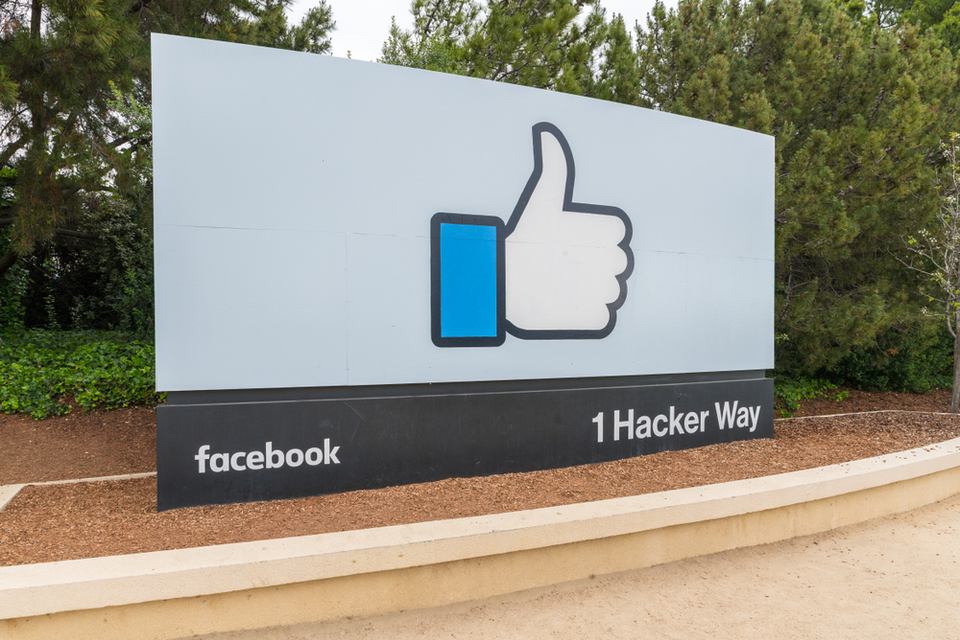In a recent whitepaper, Facebook shares its vision of how online content regulation should work. But, the European Union thinks it may not be enough.
On Tuesday, Facebook published a 13-page whitepaper titled: “Charting the Way Forward: Online Content Regulation.” In the document, VP content policy Monika Bickert proposed four questions regarding regulating internet-based communication. These are:
- How can content regulation strike the right balance between reducing harmful speech and preserving free expression?
- Should regulation require internet companies to meet certain performance targets?
- How can regulations enhance the accountability of internet platforms?
- Should regulation define which harmful content should be prohibited on the internet?
The paper suggests that there should be global policies — rather than national — on what’s permissible on the internet.
It further stated that internet companies shouldn’t face any liability for content on their platform. Otherwise, such an action would limit free speech.
The document reads:
“Imposing traditional publishing liability would seriously curtail that impact by limiting the ability of individuals to speak. Legal experts have cautioned that holding Internet companies liable for the speech of their users could lead to the end of these services altogether.”
The whitepaper suggested an alternative to imposing traditional publishing liability.
It advised that companies should be required to provide standards and systems to combat illegal content on their platforms. The social media behemoth also argued that internet companies should have the flexibility to experiment with content moderation technology.
With that said, the whitepaper may not have impressed the European Union.
EU Reacts to Facebook’s Online Content Regulation Paper
The French commissioner that’s in charge of the bloc’s data strategy, Thierry Breton, rejected the plan.
After meeting with Mark Zuckerberg, Breton stated that Facebook was slow in proposing ways to remove illegal content from social media. He further warned that the European Union was preparing to act.
In a statement to the press, Thierry Breton said:
“It’s not enough. It’s too slow, and it’s too low in terms of responsibility and regulation.”
According to Breton, the EU would assess Facebook’s work in using AI for content regulation, and consider it. “If we see that it’s not what we need regarding our own standards, we will have to regulate and put this in our [Digital Services Act],” he added.
The commission is expected to release the Digital Service Act — legislation that could completely overhaul internet rules — later in the year.



















How To Find Your Lost Cryptocurrency.
My name is George Lucas. I want to testify about GEO COORDINATES HACKER. They helped me recover my stolen crypto worth $370,000 through their hacking skills. I tried it. I was skeptical but it worked and I got my money back, I’m so glad I came across them early because I thought I was never going to get my money back from those fake online investments. I want to recommend this great hacker to anyone that truly needs an urgent solution. You can also contact them via
Email; geovcoordinateshacker@proton.me
Email; geovcoordinateshacker@gmail.com Telegram ( @Geocoordinateshacker )Website; https://geovcoordinateshac.wixsite.com/geo-coordinates-hack
MY PERSONAL EXPERIENCE ON LOST CRYPTO RECOVERY!
I read so many stories about bitcoin loss to scams. I will like to start by saying the agencies responsible for bitcoin security has really done nothing to help locate stolen or lost coins. In my situation my MacBook was hacked by someone that had access to my emails, i immediately contacted blockchain and they only wasted my time, after which i worked towards getting help else where, i was referred to consult a bitcoin expert who helped track and retrieved my 3.3 btc, for an agreed fee. I was more than grateful and willing to pay more after the job was done. Thankful i didnt fall victim and would like to recommend ( MORRIS GRAY 830 @ G maiL . COM )….